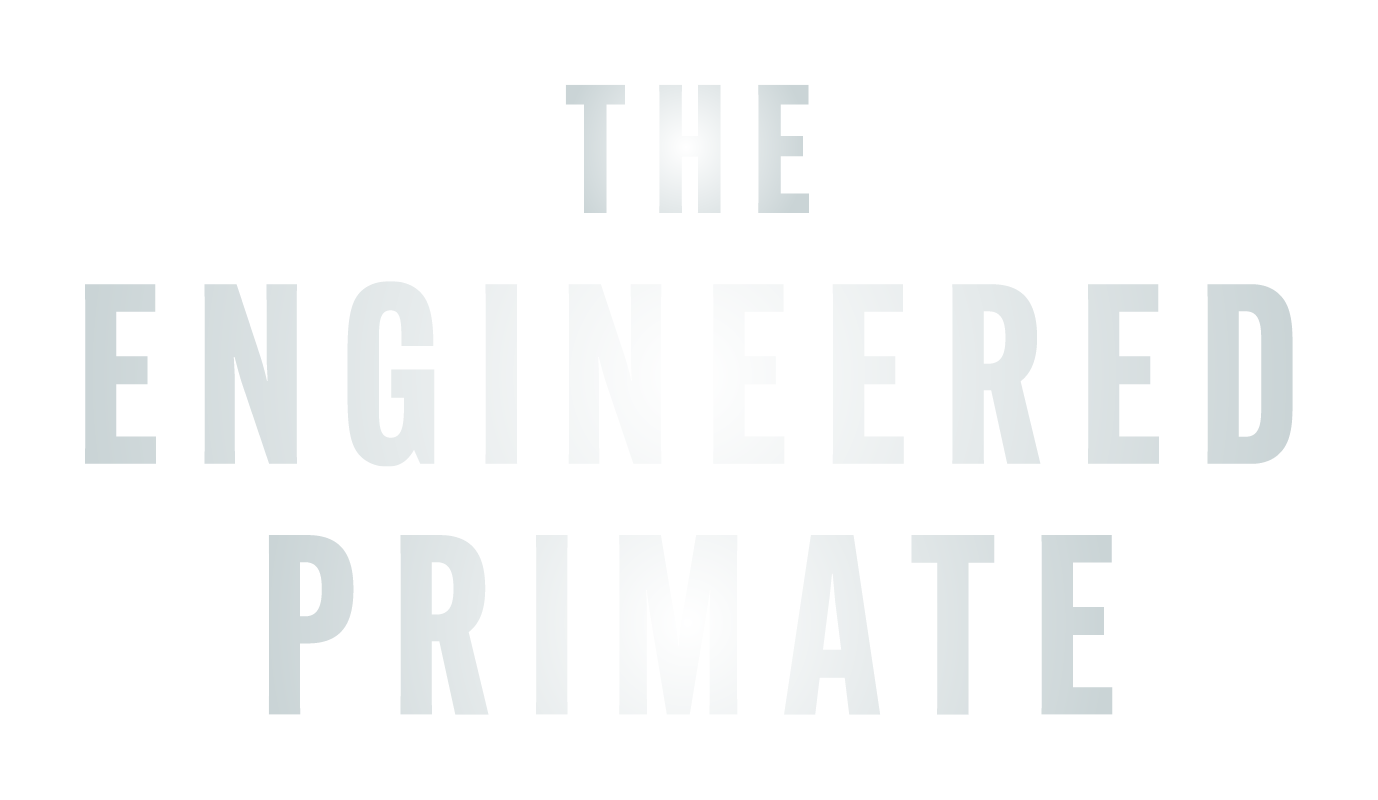Evolution – Building a Framework
Darwin, C. (1859). On the Origin of Species. John Murray.
Introduces the principles of natural selection, laying the groundwork for understanding adaptations in biological systems.
Mayr, E. (1997). This Is Biology: The Science of the Living World. Harvard University Press.
Examines evolutionary mechanisms within biological systems, contextualizing life as a dynamic and adaptive process.
Futuyma, D. J. (2013). Evolution. Sinauer Associates.
A leading textbook providing an in-depth and accessible examination of evolutionary theory, natural selection, and the evidence supporting biological adaptation.
Ungar, P. S. (2012). Evolution of the Human Diet: The Known, the Unknown, and the Unknowable. Oxford University Press.
Provides insights into early hominin diets and their influence on physiological adaptations.
Wrangham, R. W. (2009). Catching Fire: How Cooking Made Us Human. Basic Books.
Investigates the role of cooking in shaping human digestive physiology and energy acquisition.
Maynard Smith, J. & Szathmáry, E. (1995). The Major Transitions in Evolution. Oxford University Press.
Discusses key evolutionary leaps, including cooperation, digestion, and genetic adaptation to diet.
Leonard, W. R. & Robertson, M. L. (1997). “Comparative primate energetics and hominid evolution.” American Journal of Physical Anthropology, 102(2), 265–281.
Quantifies the metabolic demands of the growing human brain and the dietary shifts that supported its evolution.
Cordain, L., Eaton, S. B., & Sebastian, A. et al. (2005). “Origins and evolution of the Western diet: Health implications for the 21st century.” The American Journal of Clinical Nutrition, 81(2), 341–354.
Contrasts modern dietary habits with ancestral diets, highlighting evolutionary mismatches.
Smith, B. D. (1998). The Emergence of Agriculture. Scientific American Library.
Examines the agricultural revolution’s impact on human diets and health.
Hladik, C. M. & Pasquet, P. (2002). “The evolutionary biology of human dietary adaptations: Fibre and the gut.” Annals of Human Biology, 29(6), 618–623.
Explores how plant-based diets influenced digestive system evolution in humans and primates.
Boyd, R. & Richerson, P. J. (1985). Culture and the Evolutionary Process. University of Chicago Press.
Discusses the interplay between cultural and environmental factors in shaping human evolution.
Zohary, D., Hopf, M. & Weiss, E. (2012). Domestication of Plants in the Old World. Oxford University Press.
Investigates the process and impact of plant domestication, including dietary shifts and their influence on human societies.
Alberts, B., Johnson, A., & Lewis, J. et al. (2014). Molecular Biology of the Cell. Garland Science.
Examines cellular-level adaptations that underpin larger evolutionary processes.
Damasio, A. (1999). The Feeling of What Happens: Body and Emotion in the Making of Consciousness. Harcourt Brace.
Links evolutionary development with the emergence of emotional intelligence and reflective thought.
Sterelny, K. (2012). The Evolved Apprentice: How Evolution Made Humans Unique. MIT Press.
Explores how cooperation, teaching, and tool use played pivotal roles in human development.
Aiello, L. C. & Key, C. (2002). “Energetic consequences of being a Homo erectus.” American Journal of Human Biology, 14(5), 551–565.
Explores energy expenditure and its role in driving physiological and behavioural adaptations.
Wrangham, R. W., Jones, J. H., Laden, G., Pilbeam, D., & Conklin-Brittain, N. L. (1999). “The raw and the stolen: Cooking and the ecology of human origins.” Current Anthropology, 40(5), 567–594.
Explores how cooking influenced dietary efficiency and ecological niche specialisation.
